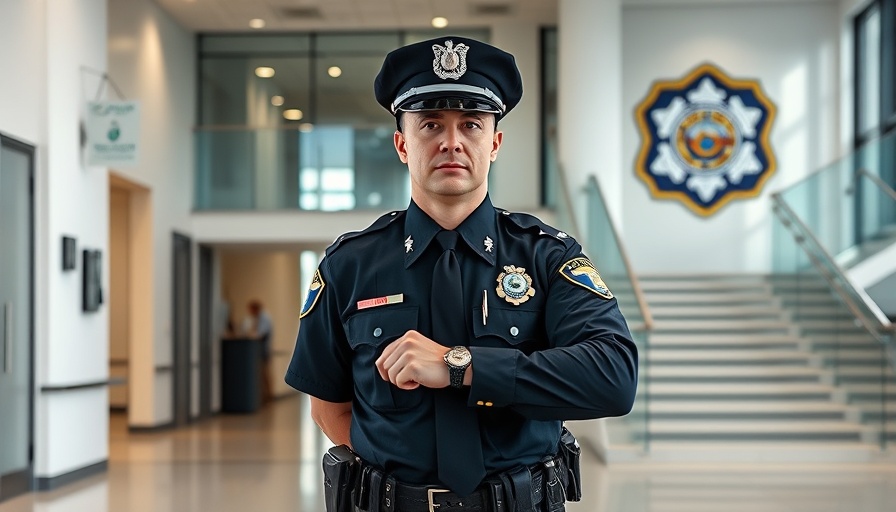
The Need for Support Beyond Police
In Saskatoon, the deepening concern surrounding youth crime has prompted Deputy Chief Darren Pringle of the Saskatoon Police Service to raise an urgent call for more comprehensive in-custody support. Officers frequently encounter young individuals grappling with addiction, mental health issues, and a lack of basic needs, highlighting the pressing need for resources beyond law enforcement.
The Role of Community Resources
Pringle emphasizes that rehabilitation must extend beyond police intervention. Current systems fail to adequately address the complexities that lead youth into crime, including poor nutrition, lack of constructive social environments, and insufficient emotional support. Community resources can play a pivotal role in providing the necessary tools that contribute to positive life changes for these youth.
Balancing Justice and Rehabilitation
Many community advocates agree that the existing framework needs reform. The challenge lies in balancing the enforcement of laws with an empathetic approach that addresses underlying issues. Investing in community programs and partnerships can reduce future crime rates by fostering an environment that nurtures growth and development.
Future Trends: Moving Towards a Preventative Approach
A shift towards a preventative approach could redefine how society engages with at-risk youth. By recognizing early signals of distress and implementing support systems before something escalates into criminal behavior, the community could see a significant decline in youth crime.
Encouraging Community Action
As concerns around youth continue to grow, it's crucial for community members to advocate for the necessary resources that can support young people's rehabilitation. Engaging in discussions, attending community meetings, and supporting local initiatives can lead to valuable changes that positively affect the youth population in Saskatoon.
 Add Row
Add Row  Add
Add 




 Add Row
Add Row  Add
Add 

Write A Comment